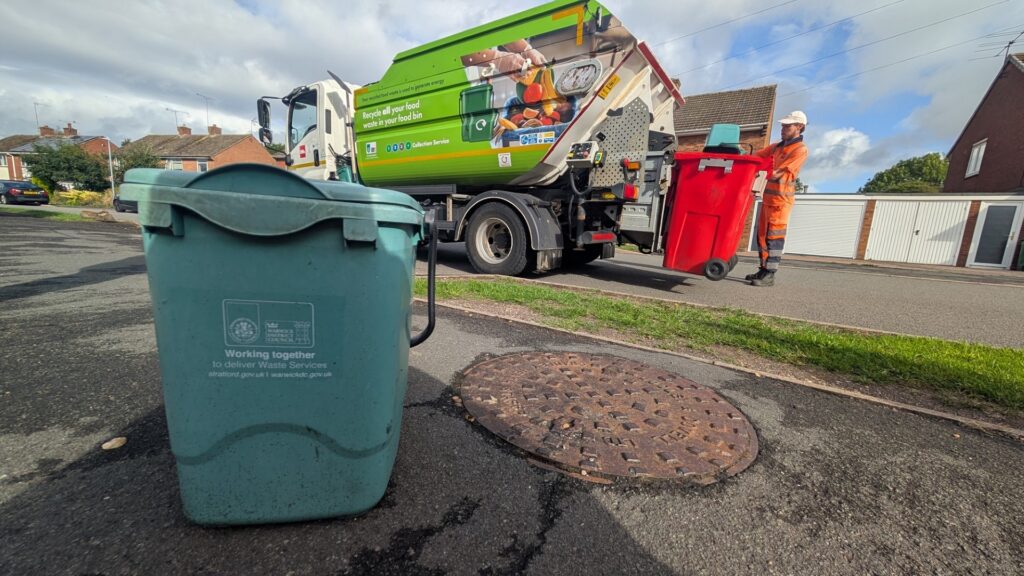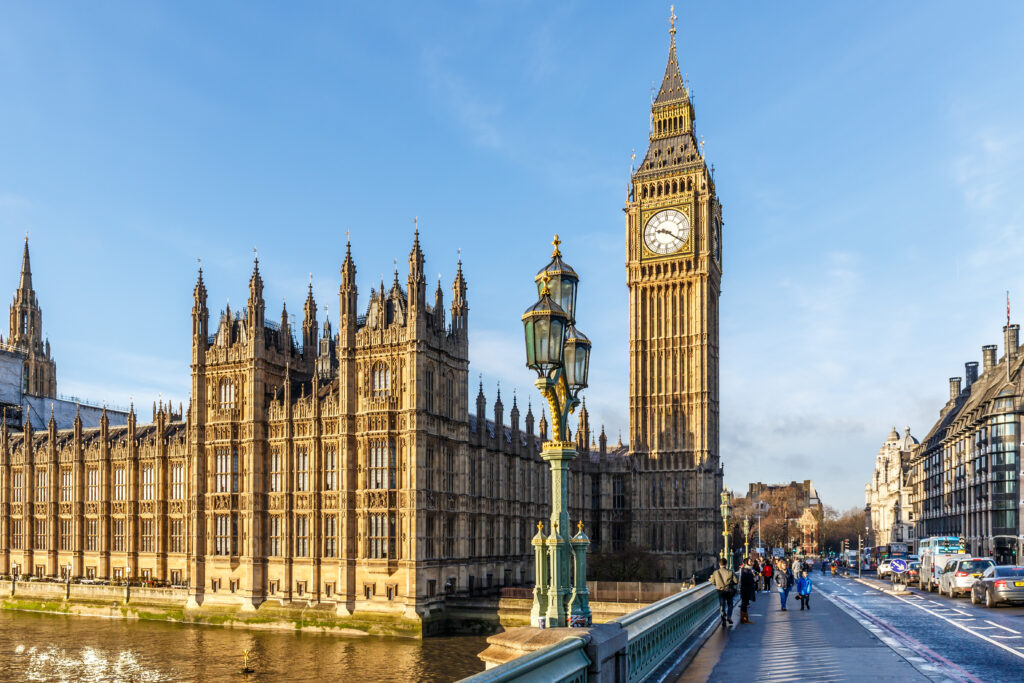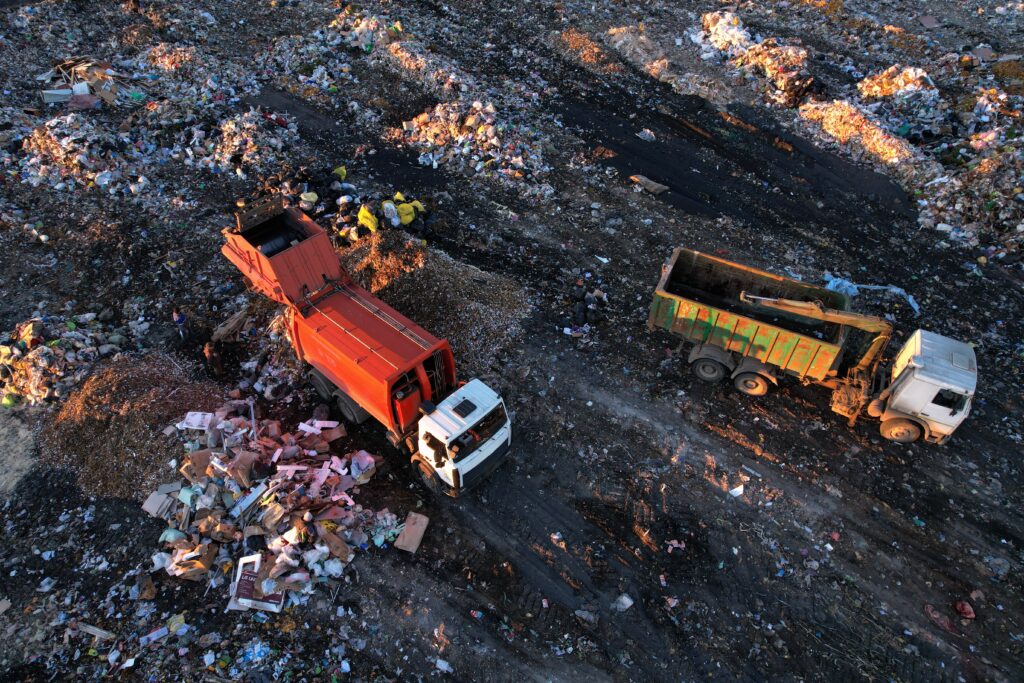Government plans to give Scotland the power to set its own level of landfill tax could affect the “level playing field” in waste management and encourage criminals to exploit price variations, waste sector bodies and local authorities have warned.
The comments came as the secretary of state for Scotland, Michael Moore, this week (July 26) chaired the first meeting of a group that is charged with implementing the recommendations of the Calman Commission which include giving the Scottish Government the power to vary taxes such as the levy on landfill disposal.
But, waste sector trade body the Scottish Environmental Services Association (SESA) told letsrecycle.com that it had concerns over the impact that the proposed change to landfill tax by allowing the levy to be set at different levels north and south of the border.
“SESA cautions against such recommendations and suggests that the Scottish Government takes great care when considering devolution of policy not to create arbitrage between Scotland and the rest of the UK as criminals will exploit significant regulatory and price variation,” a SESA spokesman said.
The association claimed that, with landfill tax currently set at £48 per tonne, it was beginning to change business behaviour and drive up business recycling rates, but it warned that, as the tax got higher, there was a greater incentive to “bypass the regulatory systems”.
As a result, the spokesman said, “variation in waste treatment costs in Scotland may encourage the movement of waste around the UK.”
“The industry requires a level playing field and SESA therefore suggests that landfill tax should remain a reserved matter,” he added.
SESA's concern over the potential movement of waste between England and Scotland was echoed by Steve Lee, chief executive of the Chartered Institution of Wastes Management (CIWM), who called for “careful consideration” before any devolution of the landfill tax powers.
“Having greater control over the Landfill Tax, both as a mechanism to move waste farther up the waste hierarchy and in terms of making revenue available for new infrastructure, is likely to be welcomed by the Scottish Government,” he told letsrecycle.com.
“However, CIWM acknowledges that different tiers of tax and disposal regimes may encourage increased cross border waste movements which could be detrimental to both Scotland and the rest of the UK, so it is a matter that will need careful consideration,” he added.
Local authorities
Meanwhile, Scottish council body the Convention of Scottish Local Authorities (COSLA) said it was “by no means certain” that allowing Scotland to set its landfill tax levels would offer “unambiguous benefits” for how waste is managed.
And, it stressed that, if Scotland did have the powers, it would have to involve an arrangement where it “did not penalise councils for their current lack of infrastructure by taking more money away and therefore making it all the more difficult to achieve the targets that the scheme is intended to incentivise”.
Study
The comments also came as the tendering process came to an end last week (July 20) for a Scottish Government research project analysing the potential options for implementing a Scottish-specific landfill tax and the impact it might have.
The work is set to involve a review of literature, economic modelling, analysis and appraisal of policy options – including their effect on the rest of the UK – with a particular focus on the impact the change could have on the issues such as the amount of waste going to landfill, recycling rates, investment certainty, cross-border waste movement and council waste management.
A Scottish Government spokeswoman told letsrecycle.com that no decision had been made yet on who would carry out the project, but added: “The purpose of the research is to identify different options in the event of the Calman recommendation being implemented and landfill tax being devolved to Scotland.”










Subscribe for free